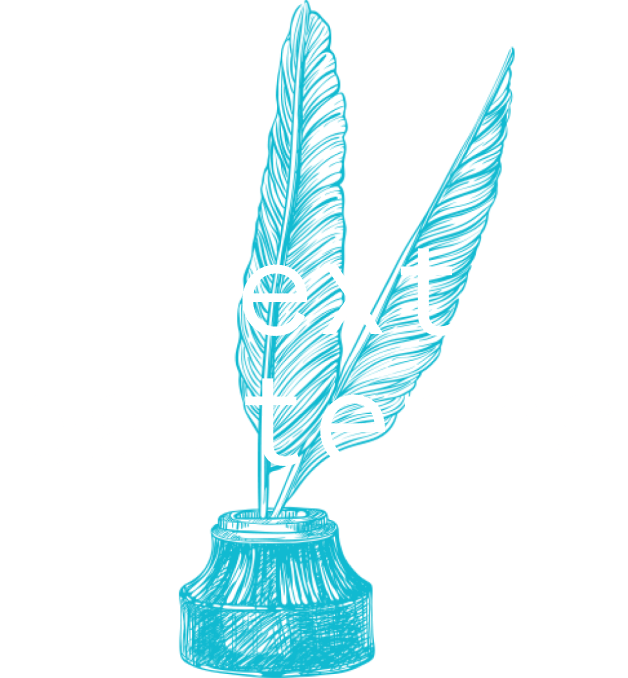April 20, 2017
listening, then transmitting
“It is always a hidden place, the way into it is not obvious, the geography is as much spiritual as physical. If you should happen upon it, your strongest certainty is not that you have discovered it but returned to it. In a single great episode of light, you remember everything.” … He did not pause then so much as wait, as one...
